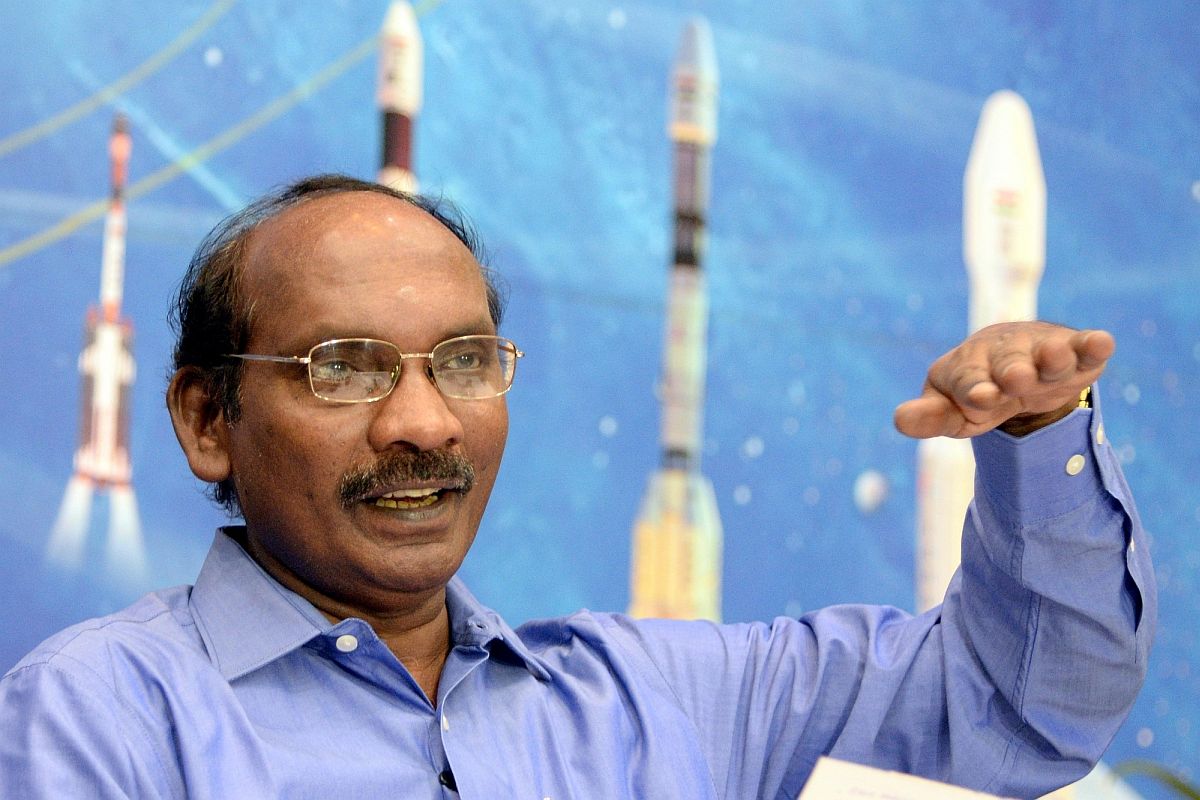The Indian Space Research Organisation (ISRO) will carry out a series of tests to validate the design and engineering of the rocket and orbital module system for the country’s prestigious human space flight programme-Gaganyaan.
K Sivan, Chairman, Indian Space Research Organisation (ISRO) said, “The design and engineering of the launch vehicle and orbital module system for India’s human space flight has been completed. A series of tests have to be competed to validate the design and engineering of the systems in 2020.”
Indian space agency would also soon build its own astronaut training facility and launch its first small satellite launch vehicle (SSLV) or small rocket in couple of months time, according to Sivan.
The ISRO chairman was speaking at the 70th Annual General Meeting and National Conference on “Recent Developments in Aerospace and Defence Technology” organised by Aeronautical Society of India.
According to Sivan, ISRO’s aim is to have the first unmanned flight by the end of next year.
Four Indians are undergoing astronaut training in Russia to join the human space flight, and its demonstration is planned before India’s 75th Independence Day in 2022.
Conceived as a low cost space access option a new small rocket is also being built by ISRO, Sivan said it will cater to large number of small satellite launch programmes.
ISRO chairman said the land acquisition programme for building India’s second rocket launch centre at Kulasekarapattinam in Tamil Nadu is under progress for sending up the small rockets as using the existing rocket launch centre at Sriharikota in Andhra Pradesh would hamper ISRO’s regular launch programmes.
According to him, the first developmental flight of SSLV will happen in few months from now.
Sivan said the space agency is working on developing a rocket with a capacity to carry 10 ton for geostationary transfer orbit (GTO) and semi cryogenic engine.
He also said ISRO has transferred its lithium-ion cell technology to industries and its commercial arm New Space India Ltd will work on focussed manner on transfer of technologies developed by ISRO.
Sivan said New Space will also market ISRO’s spin off technologies within and outside India. It will be responsible for transfer of small satellite and SSLV manufacturing through industries.
“Soon, the Polar Satellite Launch Vehicle (PSLV) will be made by industries as a full rocket,” Sivan added.
‘Gaganyaan’ is India’s manned space mission which the ISRO aims to launch by December 2021. The project aims at sending the astronauts to a lower orbit of the earth and the spacecraft will have a capsule with adequate supply of oxygen and other essential material and facilities for the ‘Gagan Yatris’.
In the run-up to the ambitious manned mission, the space agency will launch 2-3 unmanned missions in 2020 and 2021 with humanoids to test the human rating of the propulsion modules, including the crew module and the escape system in the event of any emergency in the spacecraft.
Rakesh Sharma, a former IAF pilot, was the first Indian to travel to space. Sharma was a part of the Soviet Union’s Soyuz T-11 expedition, launched on April 2, 1984, as part of the Intercosmos programme.
Indian-born Kalpana Chawla and Indian-origin Sunita Williams are among the known names to have gone to space. Chawla was one of the seven crew members who perished in the space shuttle Columbia disaster during re-entry into the Earth’s atmosphere in 2003.
K Radhakrishnan, former ISRO chairman under whose leadership the Mangalyaan mission was launched in 2013, had termed the announcement of Gaganyaan mission a “turning point” for the ISRO.












